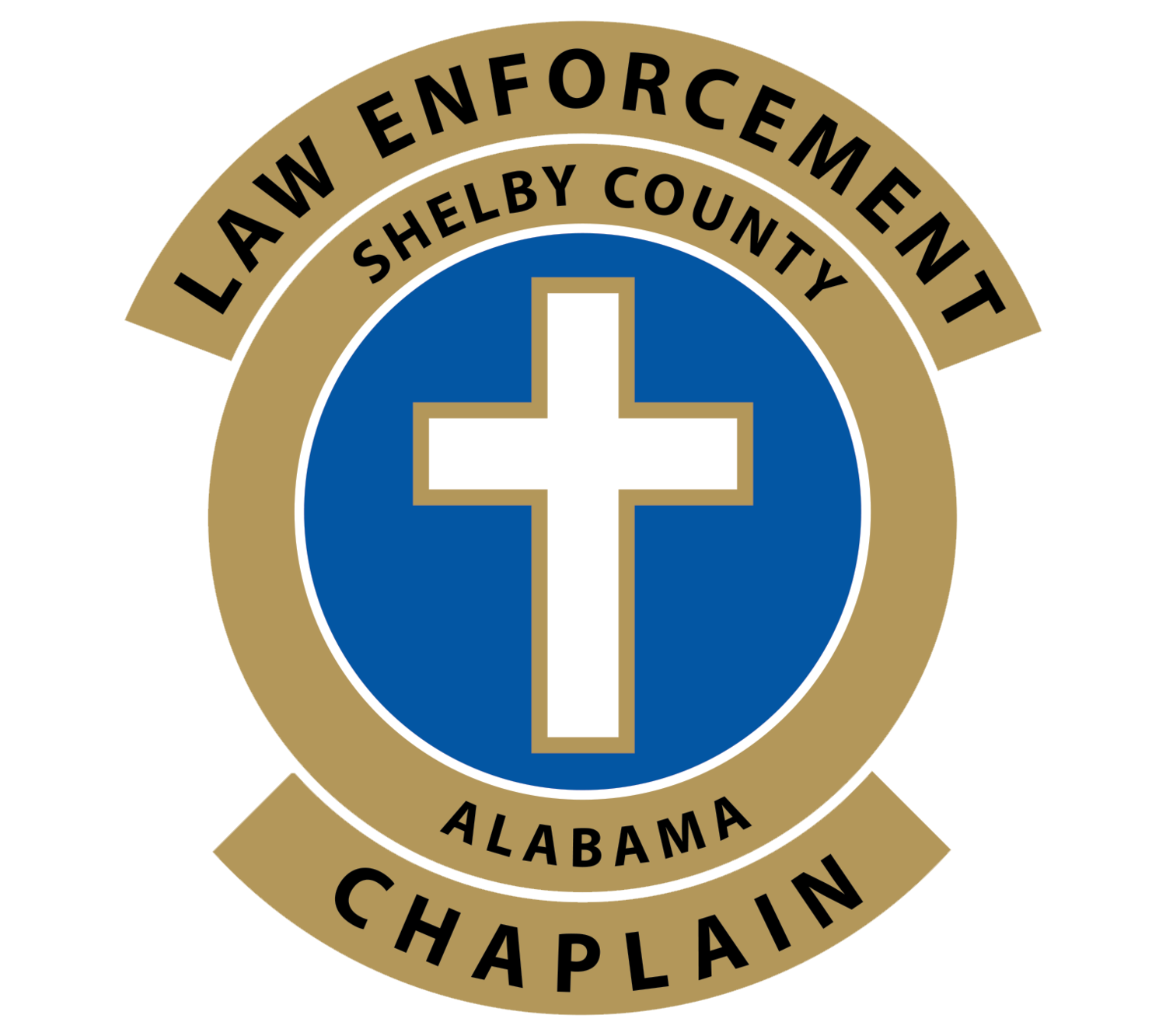The origins of what is presently known as the Shelby County Law Enforcement Chaplains Association (SCLECA) began in 1994. As a result of a series of tragic events, a need was identified for deputies to receive assistance in delivering death notifications and providing support to people whose loved ones had died unexpectedly, and often tragically, perhaps in a motor vehicle crash or as a result of a criminal act. Then-Sheriff James Jones enlisted the help of a small group of ordained ministers in Shelby County, representing various denominations and faith backgrounds, who volunteered their time assisting deputies with the grave task of death notifications. It was soon recognized that an organized chaplain ministry could assist the Sheriff’s Office and the Shelby County community in many other ways as well.
Over the years, with the support and guidance of Sheriff Chris Curry and Sheriff John Samaniego, the chaplains program has evolved into a vital support unit of the Shelby County Sheriff’s Office. Chaplains volunteer their time and efforts in many areas including: assisting with death notifications, riding with deputies while on patrol, leading critical incident stress debriefings, providing personal counseling for deputies and their families, officiating weddings and funerals for Sheriff’s Office employees, and visiting hospitalized employees and their family members, just to name a few. Prospective chaplains go through an application, interview, and background investigation process, and once appointed to the chaplaincy, are required to complete eighteen hours of basic chaplain training and apply for professional credentials through the International Conference of Police Chaplains (ICPC).
The Shelby County Law Enforcement Chaplains Association is nationally recognized as a model program for law enforcement chaplaincy. Since 2007, the association has offered an annual chaplains academy which has provided basic chaplain training to hundreds of law enforcement and public service chaplains from across the southeast region of the United States. Shelby County chaplains have earned ICPC credentials at all levels, and one has been awarded ICPC’s highest honor for excellence in chaplaincy, the John A. Price Award. Chaplains are on-call and available twenty-four hours a day, seven days a week. In addition to required training, chaplains are expected to exhibit high standards of professional and personal conduct, and abide by the Chaplains Code of Ethics.


